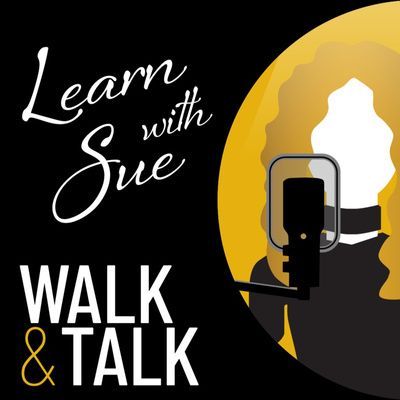What to Expect in a Police Check

What to Expect in a Police Check
Have you been asked to do a police check for your new role? Maybe you’re not sure exactly what that entails, and you’re feeling a bit uneasy. Don’t worry – we'll go through everything you need to know!
Why are Police Checks necessary?
Police checks are often conducted in the pre-employment screening process to help employers determine a candidate’s suitability for a role. They’re also known as Nationally Coordinated Criminal History Checks and will return the same result whether you’re up in Broome or down in Tasmania. These checks involve collecting personal information (with consent, of course) in order to identify an individual’s criminal history. They look at disclosable convictions, court appearances, charges etc.
A candidate may not be suitable for a role involving children or vulnerable people, finance, government or security if they have a disclosable criminal history. Police checks allow hiring managers to make informed decisions about their candidates, and protect their company and clients from risk.
So what does that mean for you? If you’ve never been convicted or charged with a crime, you have nothing to worry about. If you have, be aware that these will appear on the report, but this does not necessarily mean you won't be hired. The nature of the crime and when it was committed are relevant factors for employers to consider, and they can be guilty of
discrimination on the basis of a criminal record.
‘An employer can only refuse to employ a person if the person's criminal record means that he or she is unable to perform the 'inherent requirements of the particular job.’
- Australian Human Rights Commission
The Human Rights and Equal Opportunity Commission (of the
Australian Human Rights Commission) handles reports of discrimination and equal opportunities in employment.

What is Displayed on a Police Check?
Perhaps you’ve received some warnings or fines, and you’re not sure if these will show on the police check. Don’t worry – traffic infringements not involving convictions (like fines and cautions) are not displayed on a report. Convictions also become spent after a certain period of time and no longer appear on a police check following this. Offences committed by a child are spent after five years, and after ten years if the offender was an adult. If charges were made but dropped, or a finding of non-guilt occurred, these instances will not appear on a police check.
How does a Police Check Work?
Let’s return to the actual process – what needs to happen? What do you need to do?

You’ll just need to prove who you are by providing identification documents like your driver’s licence, passport or birth certificate. If you’ve changed your name, you’ll need supporting documents to verify this. You’ll also be asked to provide your address history for the last few years. All this information is sent to the relevant authority – most often the Australian Criminal Intelligence Commission. They will investigate to see if your name is on record with any police in Australia, and if so, what the relevant details may be. They generally return a result within 15 working days, which is sent to the employer via the third party they have used to conduct the check.
Once the result is received, it is up to the hiring manager to make the decision on which candidates will move forward in the process. We hope that’s you! Either way, keep in mind your police check clearance lasts five years, but you’ll likely need a new check if you go for a new position.
Share This blog
Recent Articles









